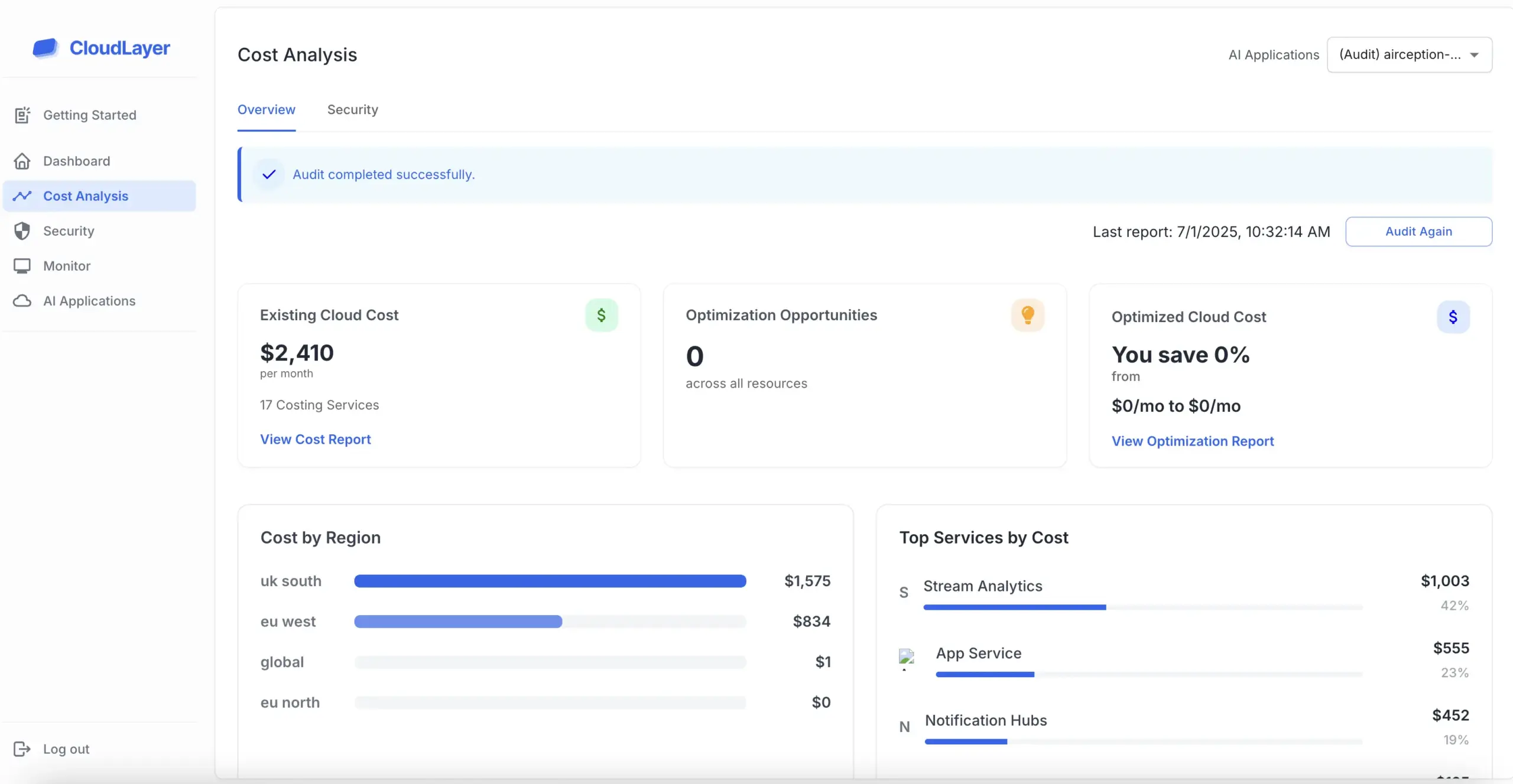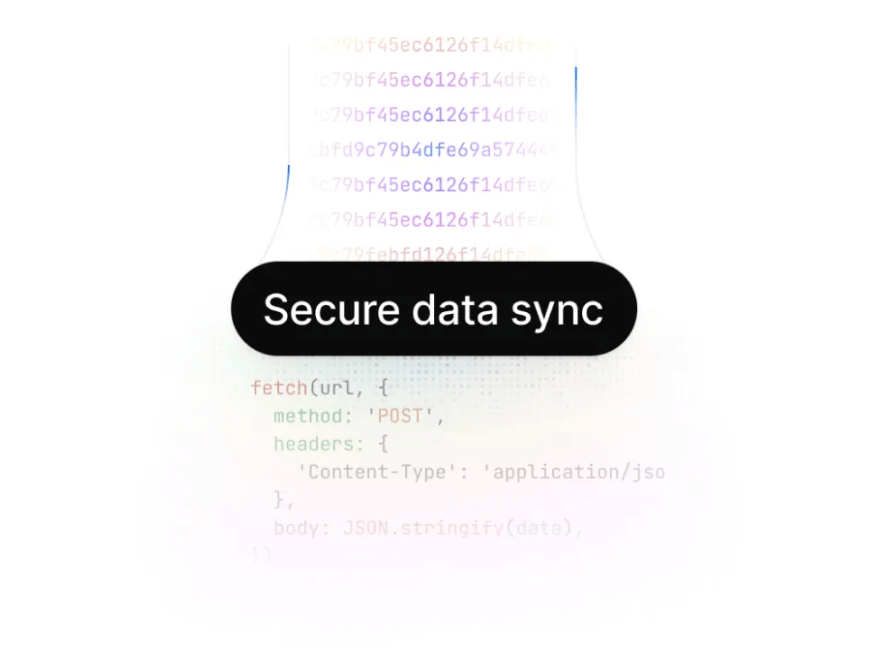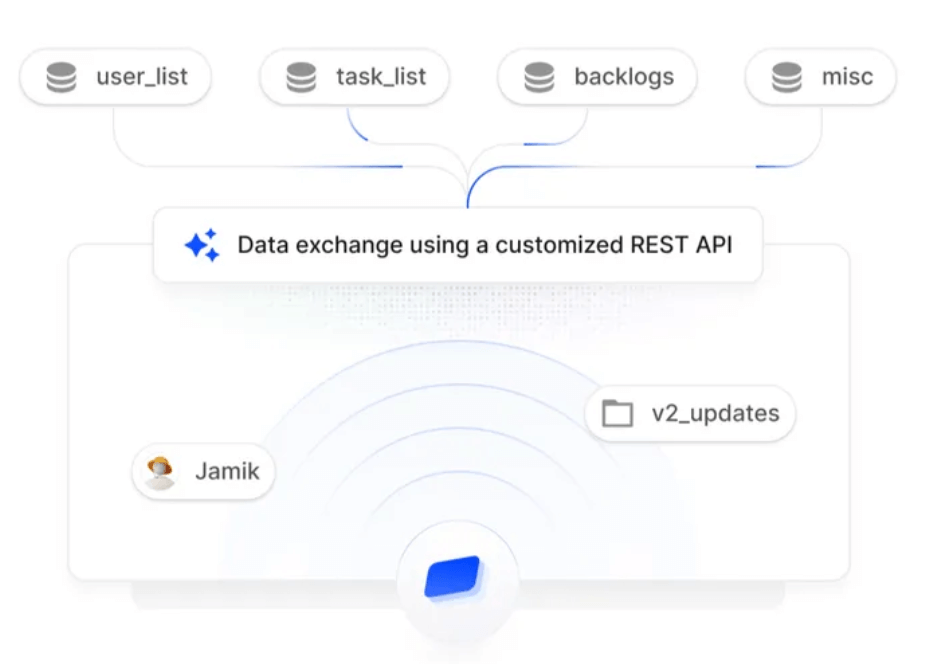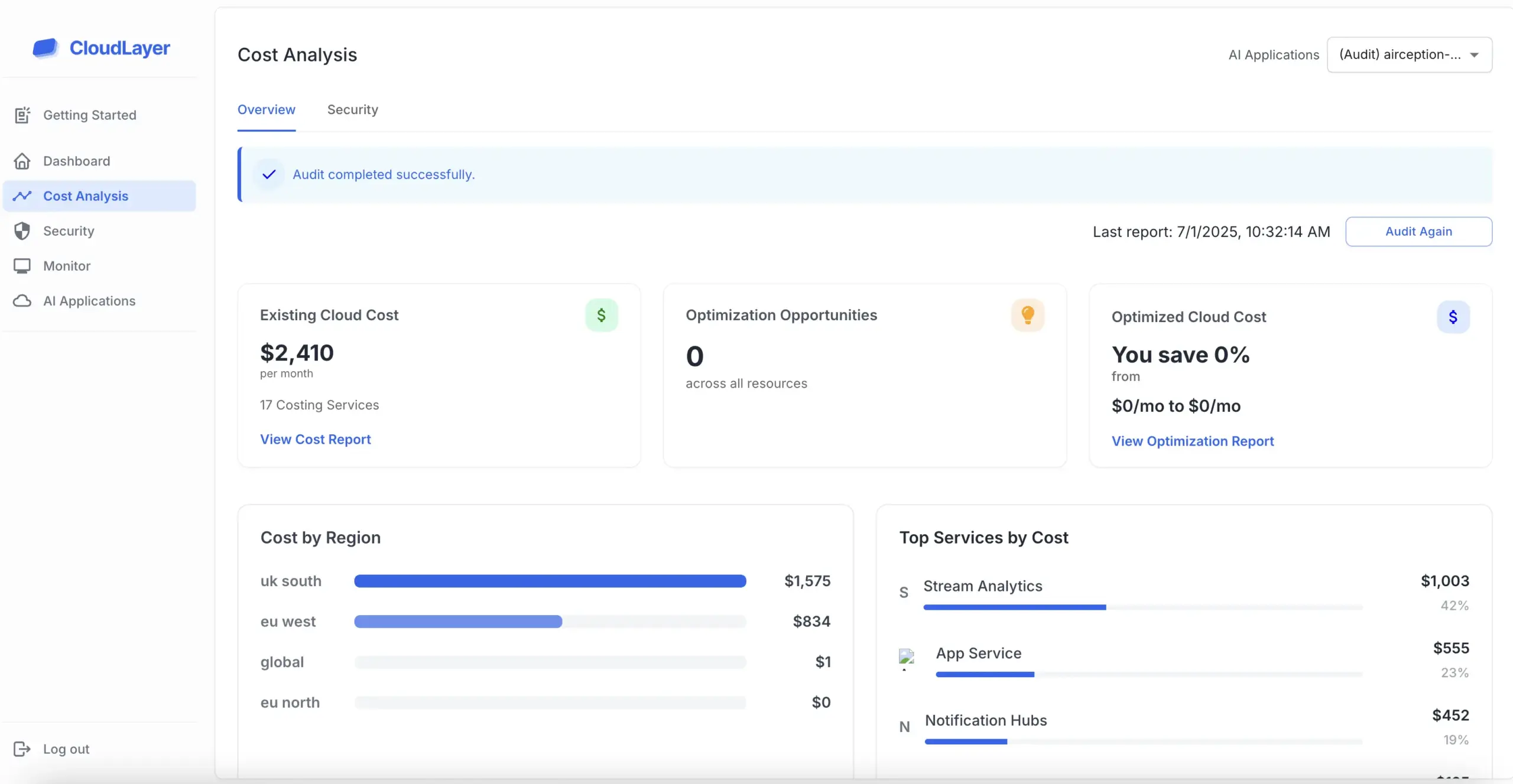

Hybrid cloud computing refers to a cloud service model that integrates on-premises private clouds with public cloud services. This combination enables businesses to leverage the benefits of both environments while maintaining control over sensitive data.

One of the primary advantages of hybrid cloud computing is improved scalability, allowing businesses to adjust resources based on demand. Additionally, it offers enhanced security, ensuring that critical data remains protected in a private cloud while still accessing the public cloud’s capabilities.

Despite its advantages, hybrid cloud computing presents several challenges, including complexity in management and integration. Organizations must ensure seamless connectivity between private and public clouds to fully realize the model’s benefits.

To effectively manage hybrid cloud environments, organizations should adopt a comprehensive cloud strategy that includes robust governance policies. Regular monitoring and optimization of resources can also enhance performance and reduce costs.

